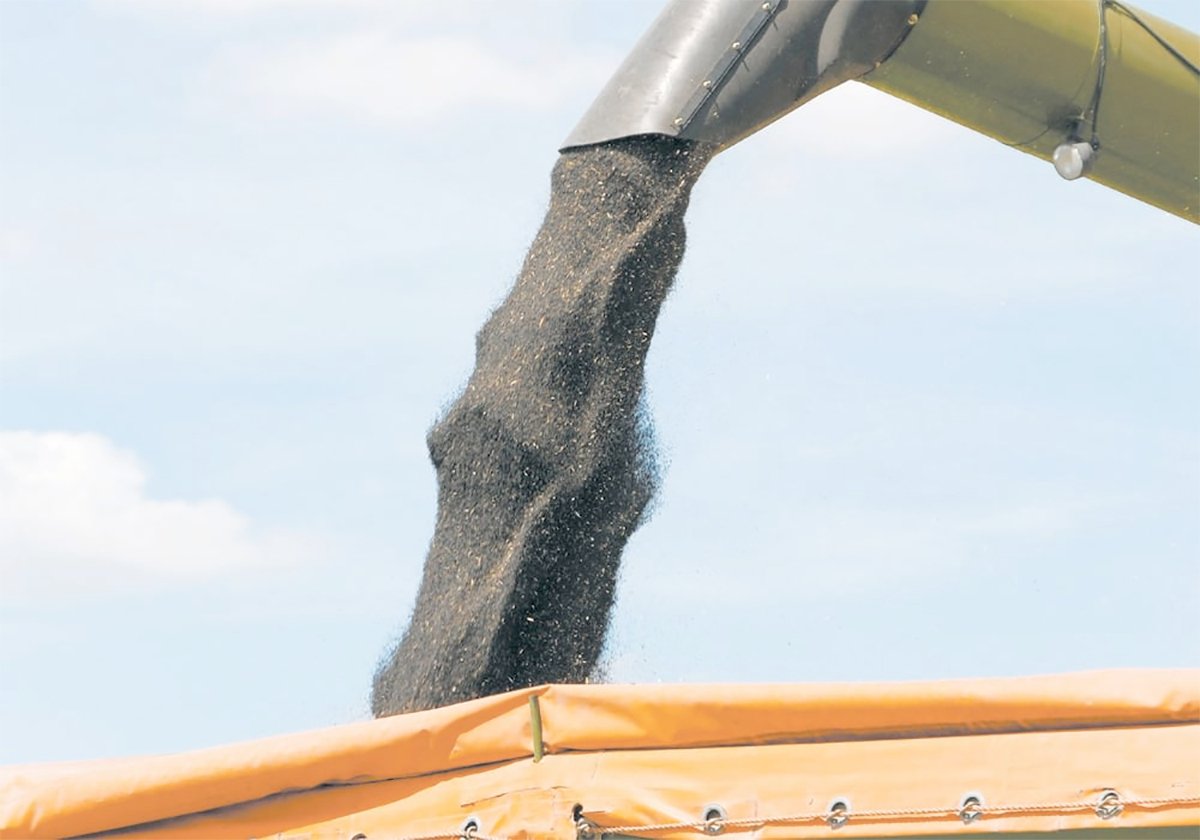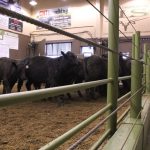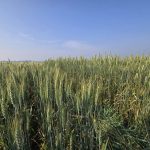Three weeks into the 42nd federal election and Canada’s agricultural sector has yet to warrant any significant mention on the campaign trail.
Some in Ottawa tried to change that trend Aug. 26, thanks to an agriculture specific panel discussion organized by the Hill Times and Canada’s supply managed sectors.
On the panel were Canadian Federation of Agriculture president Ron Bonnett, Canadian Agri-Food Policy Institute chief executive officer David McIness, University of Waterloo professor Bruce Muirhead and University of Toronto professor Grace Skogstad.
In his opening remarks, Bonnett said Canada’s multibillion-dollar agricultural sector is being “ignored.”
Read Also

Determining tariff compensation will be difficult but necessary
Prime minister Mark Carney says his government will support canola farmers, yet estimating the loss and paying compensation in an equitable fashion will be no easy task, but it can be done.
He said raising the profile of Canada’s farming sector should be a key priority in the ongoing federal election campaign, and beyond.
Consumers are “confused,” he said, which means concerns and discussions around issues relating to social licence, which is broadly defined as the relationship between the producer and the customer, need to be addressed.
Meanwhile, Canadian politicians need to reassure farmers and processors that policy decisions made about agriculture are made based on facts and sound science rather than perceptions and rumours, he added.
Agriculture minister Gerry Ritz has repeatedly championed “sound science” as an integral part of his decisions on the file, but Bonnett said none of the political parties have steadfastly committed to the decision policy on the campaign trail.
Nor have the parties offered up many specific commitments for the sector.
The parties have made some promises: the Liberals and the NDP have committed to defending supply management and the Tories have recommitted to seeking out new trade opportunities. However, those pledges have, for the most part, been general in nature.
The NDP is the only federal party to have a national food strategy, which is expected to influence the party’s agriculture platform.
Bonnett said political discussions on the campaign trail should also focus on trade, labour, risk management, climate change, environmental issues and consumer confidence in the Canadian food sector.
Risk management is expected to become more of an issue in the coming weeks given Alberta’s recent province-wide agricultural disaster declaration because of drought and hail. Some in the province have said crop insurance payments could top $1 billion this year, which is a heavy economic blow to a provincial bottom line already suffering from plunging oil prices.
Drought 2015 has yet to garner serious mention in the ongoing election campaign, despite concerns around hay shortages and questions about the effectiveness of federal risk management programs.
McIness said attention also needs to be paid to Canada’s position on the global stage. Canada needs a “strategy” if it is to take advantage of everything it has to offer globally, he added.
He said discussions are also needed about Canada’s competitiveness, particularly when up against heavily subsidized farm sectors in countries such as the United States and Europe.
He said the consumer trend of wanting to know what is going into food and the overall consumer-trust toward food cannot be ignored. The sector and its policy makers must find a way to address these concerns.
“The trend is clear,” McIness said.
“The key question has to be what are we going to do as a sector to ensure that consumers in local markets and abroad consistently want Canadian food and food products?”
The panel discussion in Ottawa came the same week the Agricultural Producers Association of Saskatchewan asked all federal parties for a meeting and details about their agriculture platforms.
APAS members have said they want grain transportation, risk management, price parity, water issues and labour discussed during the election campaign.
Whether those conversations will actually happen remains to be seen.
— With files from Kyle Duggan














